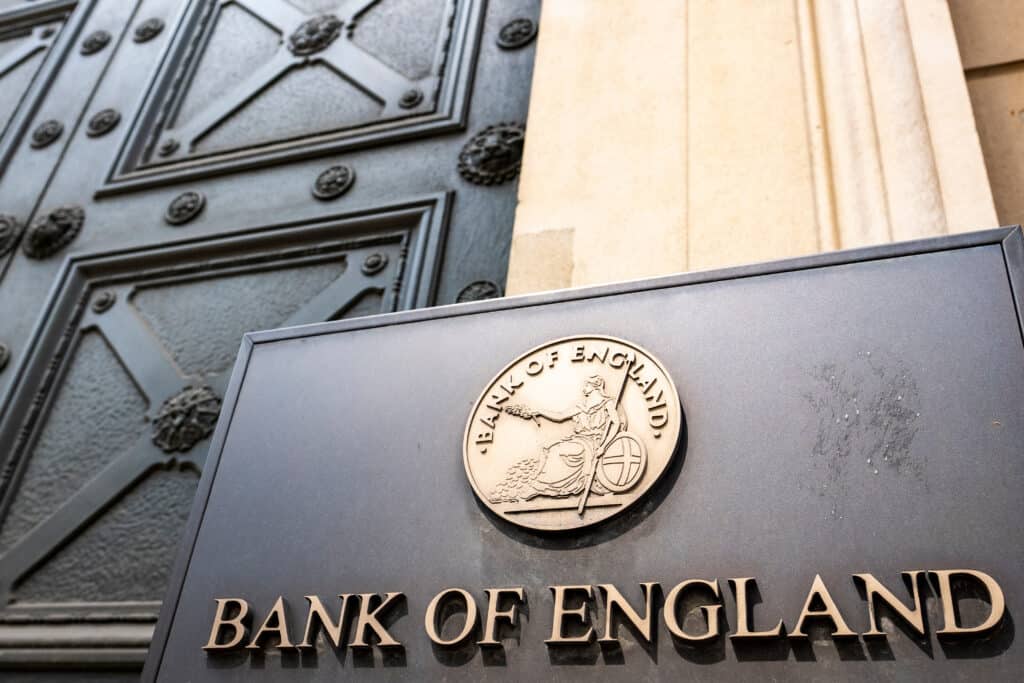
Key Takeaways:
- Bank of England Governor Andrew Bailey suggested stablecoins could reduce dependence on commercial banks by decoupling money creation from credit provision.
- Bailey indicated support for a stablecoin framework that includes access to central bank accounts and emphasized their role in payments and settlements.
- He acknowledged the innovation potential of stablecoins but stressed the need for safeguards, risk-free backing, and standardized terms.
Bank of England Governor Andrew Bailey has suggested that stablecoins could reshape the UK’s financial system by separating money creation from credit provision, potentially reducing reliance on commercial banks.
Writing in the Financial Times, Bailey explained that the current fractional reserve system ties deposits to lending, creating new money through credit expansion.
Opinion: Stablecoins could form a major part of the shift in the financial system away from reliance on commercial banks for lending, governor of the Bank of England Andrew Bailey said in an article for the Financial Times https://t.co/kUF8N6KBl9 pic.twitter.com/zJALFySz0W
— Financial Times (@FT) October 1, 2025
He argued that money and credit could be decoupled, with stablecoins coexisting alongside banks while non-bank institutions take on greater roles in credit markets.
His comments come amid criticism of the Bank of England’s proposed limits on stablecoin usage, particularly caps on individual holdings.
Crypto advocates argue such restrictions could be costly, complex, and put the UK at a competitive disadvantage compared to other jurisdictions.
Coinbase executive Tom Duff Gordon noted that no other major market has imposed similar caps.
Bailey emphasized that while stablecoins have potential for payments and settlements, today’s versions are not yet ready for broad adoption.
The Bank of England will soon release a consultation paper on a systemic stablecoin framework, which could grant UK-issued stablecoins access to central bank accounts, reinforcing their legitimacy as money while ensuring strong safeguards.

